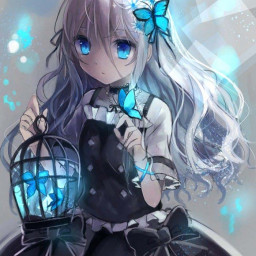Each country has many good people who take care of others. For example, some of students in the United States often spend many hours as volunteers in hospitals, orphanages or homes for the elderly. They read books to the people in these places, or they just visit them and play games with them or listen to their problems.
Other young volunteers go and work in the homes of people who are sick or old. They paint, clean up, or repair their houses, do the shopping. For boys who don’t have fathers, there is an organization called Big Brothers. College students and other men take these boys to basketball games or on fishing trips and help them to get to know things those boys usually learn from their fathers.
Each city has a number of clubs where boys and girls can go and play games. Some of these clubs show movies or hold short trip to the mountains, the beaches, museums, or other places of interest. Most of these clubs use a lot of students as volunteers because they are young enough to understand the problems of younger boys and girls.
1. What do volunteers usually do to help those who are sick or old in their homes?
A. They do the shopping, and repair or clean up their house.
B. They tell them stories and sing dance for them.
C. They cool, sew, and wash their clothes.
D. They take them to basketball games.
2. What do they help boys whose fathers do not live with them?
A. To learn things about their fathers.
B. To get to know thing about their fathers.
C. To get to know things that boys want from their fathers.
D. To learn things that boys usually learn from their fathers.
3 .Which activities are NOT available for the students at the clubs?
A. playing games B. learning photography
C. going to interest places D. watching films
4. Why do they use many students as volunteers? – Because .
A. they can understand the problems of younger boys and girls.
B. they have a lot of free time.
C. they know how to do the work.
D. they are good at playing games and learning new things.
5. Where don’t students often do volunteer work?
A. hospitals B. orphanages C. clubs D. homes for the elderly














